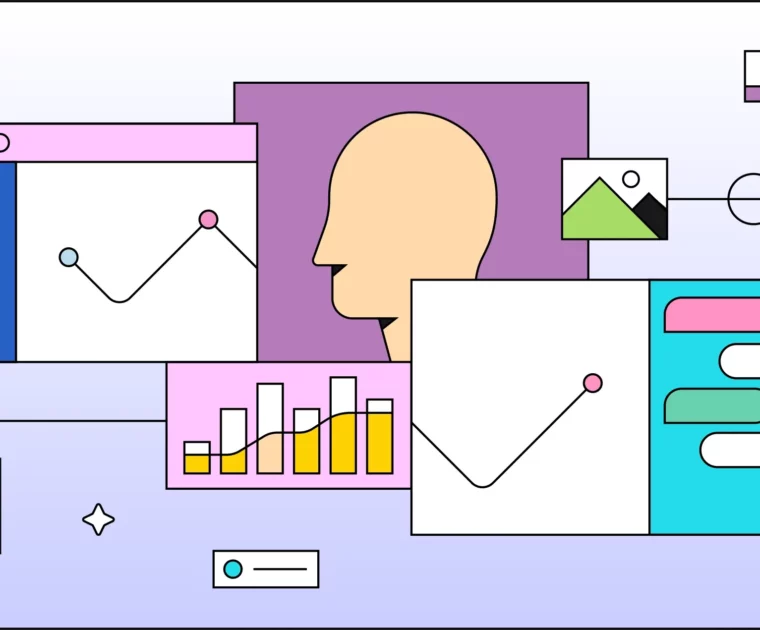If your influencer marketing campaigns aren’t working, the problem is most likely the result of building a campaign that’s not structured to deliver the outcomes you want to see. Most marketing teams have no idea when they sit down to plan an influencer campaign that there are three different types of campaigns they can plan:
- Brand Awareness Campaigns – designed to help brands boost brand lift so people start to recognize the name and maybe even associate the name with a product or experience. We have a post on building brand awareness campaigns that you can read here.
- Content Campaigns – designed to help brands build a catalog of creative assets they can reuse for online and offline marketing. If you want to get up to speed on this topics, you can read this post, this one, this one, aaaaand this one.
- Traffic/Clicks Campaigns – designed to help brands send traffic to a place where customers can take specific actions, usually buying something, downloading something, or joining something. We have a post on this one, too that you can read here.
Each of these three types of campaigns are used a different times to achieve different influencer campaign goals. And that’s what we’re going to talk about today.
Another Speech About the Importance of Setting Goals for Influencer Campaigns
Do you know that one in every four influencer marketing campaigns that brands spend REAL MONEY running return absolutely nothing? No dollars and zero cents. That’s not the norm. In fact, in 2020, the typical influencer marketing campaign will return more than $5 for every $1 you spend. So, you can see how a campaign that offers no return can be troublesome for brands.
Truth is you can have a variety of campaigns that people will call influencer marketing, but the proof is in the outcomes – real influencer marketing influences. That’s simple enough, right? The first thing you look for as it relates to picking out influencers is actual influence in the vertical your brand is running a campaign. It’s the same for your overall campaign.
The real power of an effective influencer campaign lies in its ability to compel people groups of people to take a SPECIFIC action.
I want to emphasize “specific” because the misconception that influencer marketing is just about brand awareness keeps a lot of brands that would really benefit from influencer marketing from even calling an agency.
Influencer marketing is as much science as it is art. Yes, it’s multimedia content, captivating words, and pretty pictures. But it’s also keyword strategy, predictive analysis, and a lot of stalking buyer behavior so you know what to show people.
The Three Types of Influencer Marketing Campaigns That Drive ROI (and the 18 campaign goals they help brands achieve)
COPY AND PASTE THIS CODE TO EMBED ON YOUR SITE








